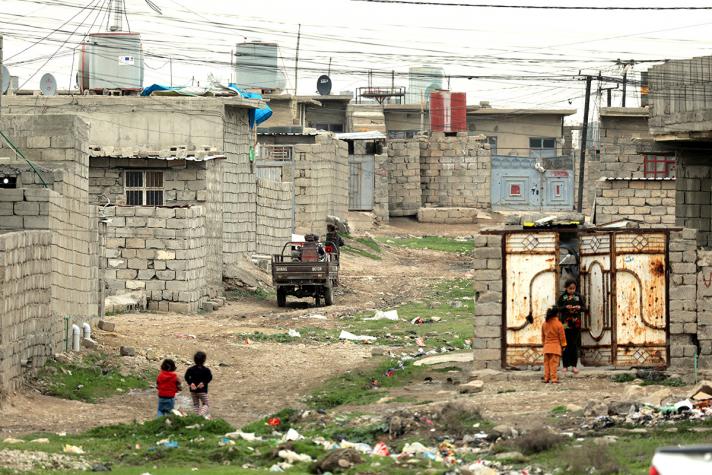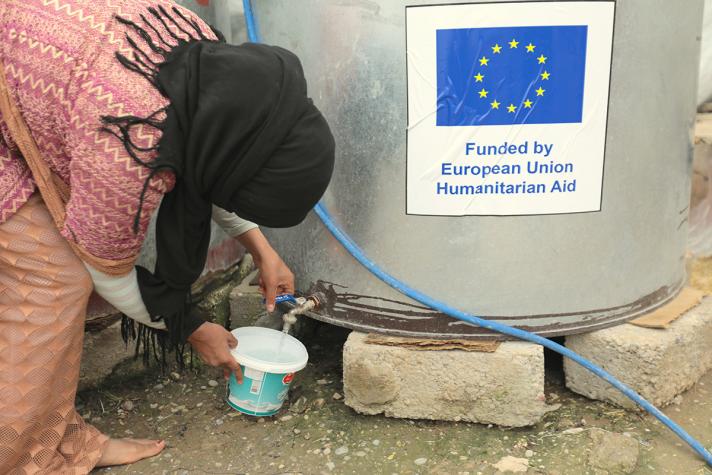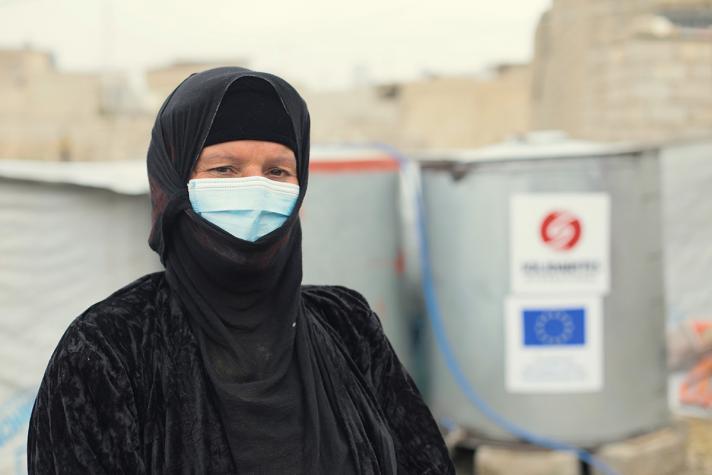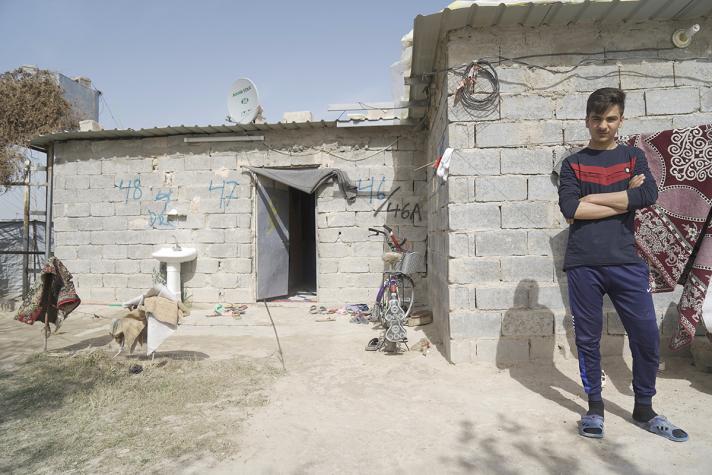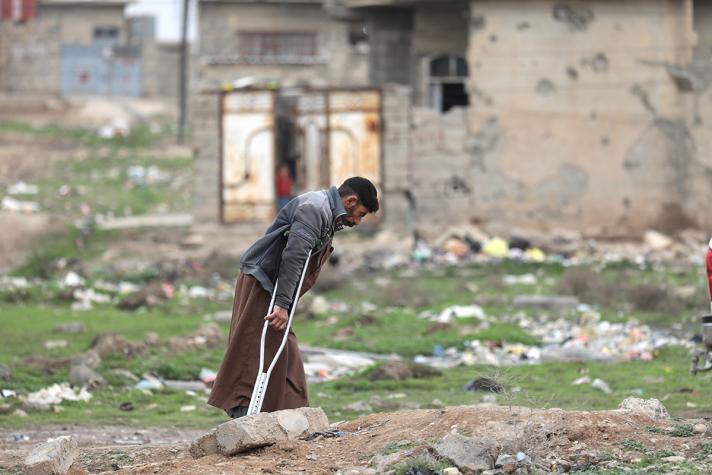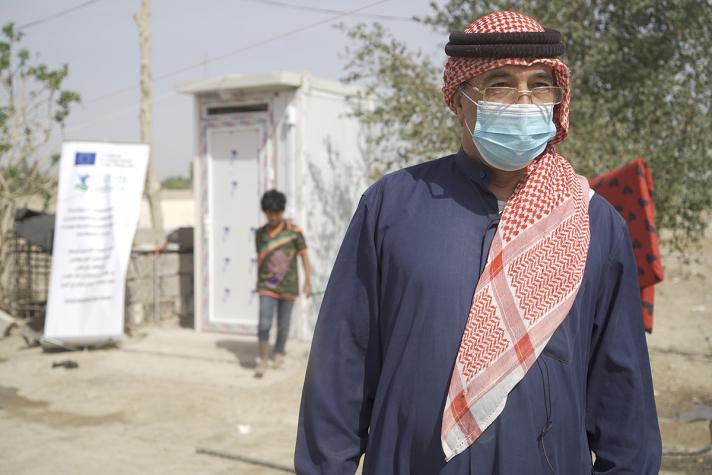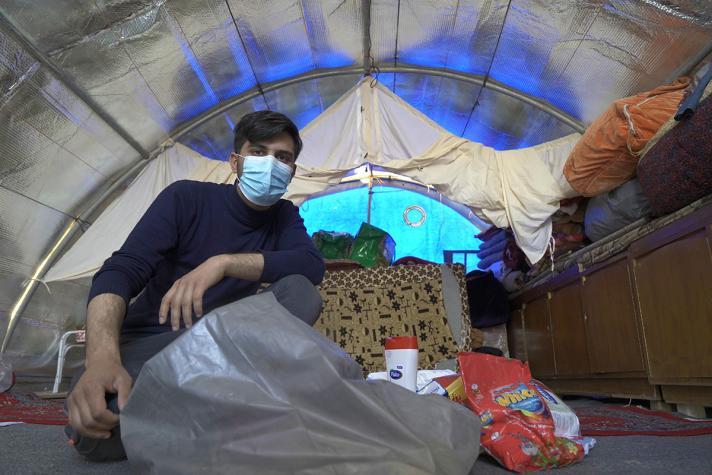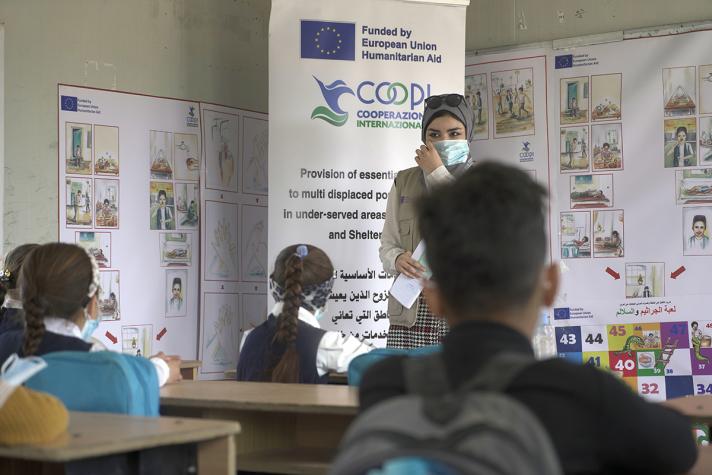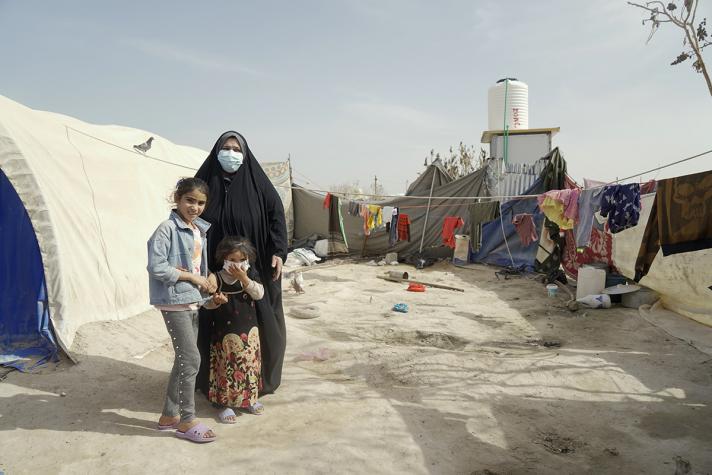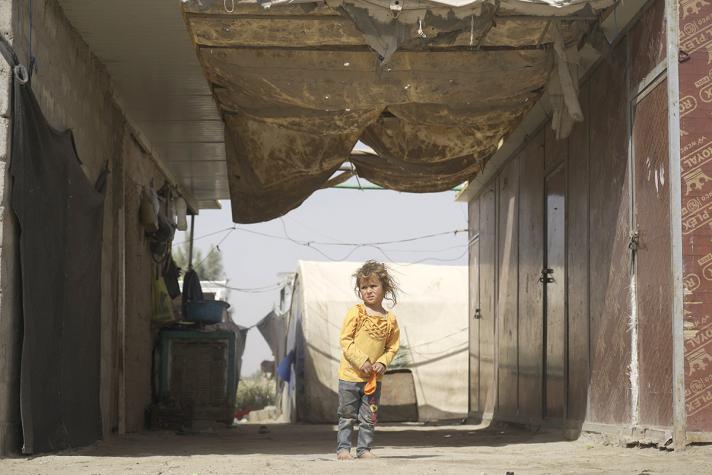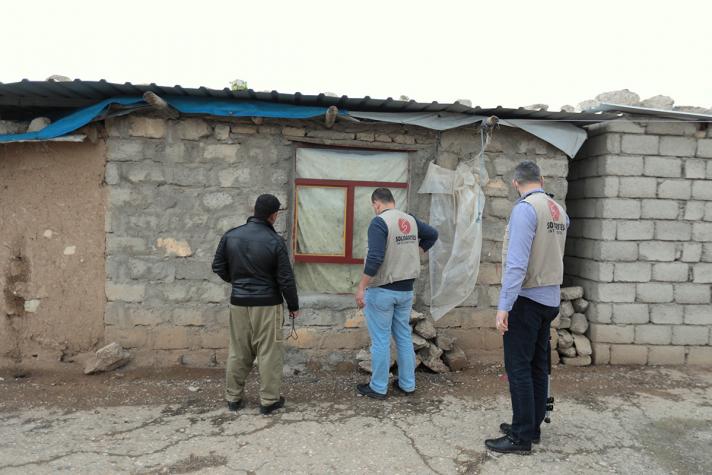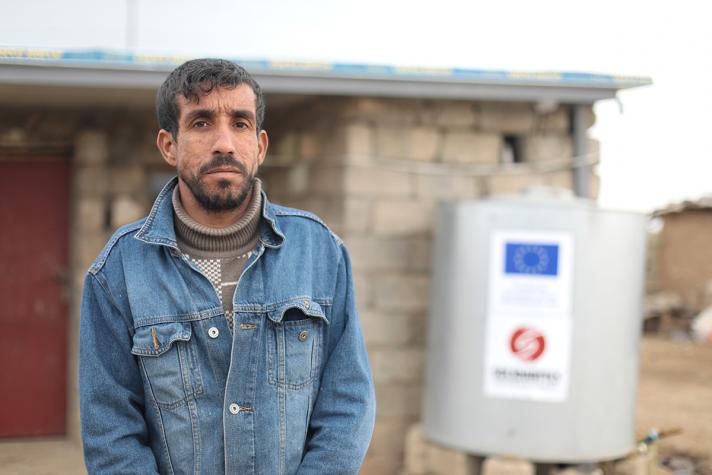More than 4 years after the war against Islamic State ended, half a million displaced Iraqis still live in informal settlements.
Living conditions in these sites are generally worse than in camps, most of which have now closed. The remaining displaced are unable or unwilling to return home and face immense challenges in meeting their basic needs.
Throughout 2020 and 2021, political and social tensions in Iraq continued destabilising the country, limiting people’s access to support services.
The EU is funding humanitarian partners to improve the living circumstances of these families, who have often been displaced multiple times. We also advocate for more sustainable solutions so that they can have safe and dignified futures.
Story by Chloé Deblangey, Reporting and Communication Officer for Solidarités International.
Publication date: 03/05/2022

